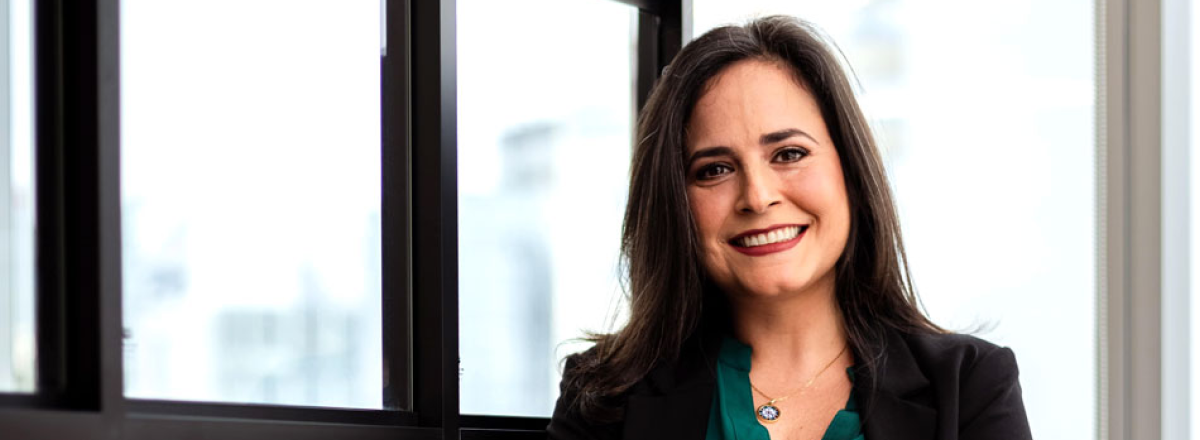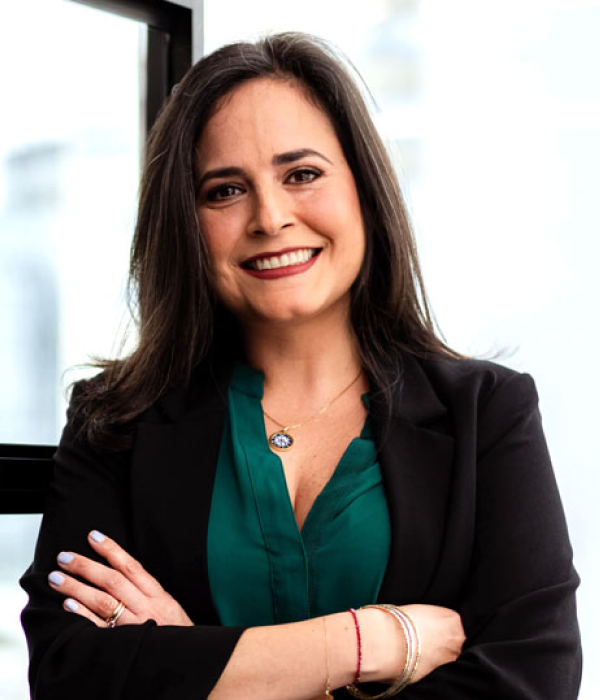News
29 Nov 2021
Celepsa: "Our core business is now sustainability"


Lorena Gaviño, Celepsa's Sustainability Assistant Manager, discusses the company's efforts to uphold its CSR commitments in its areas of influence and reduce carbon emissions in collaboration with its suppliers.

During the pandemic, what CSR initiatives did you work on?
We needed to figure out how to keep the programs running. As a result, we devised the Covid strategy: single energy. It is a comprehensive program aimed at ensuring the well-being of these audiences. In the case of territorial management, for example, we saw how to convert a face-to-face operation into a virtual format.
We also guarantee payment commitments with our collaborators. We have a company that we have developed as part of our sustainable commitment, it is called Mi Valle and it is made up of women from the area. So, when the pandemic started, the service at the plant was reduced, but we decided to maintain the payments with this company.
What was the nature of your territory management transformation?
We discussed how to modify our approach to the territory to continue working with our groups. We continued 90% of the projects last year without jeopardizing their effectiveness, benefiting families and creating local jobs. We are committed to hiring local workers for water infrastructure improvement projects.
How did you try to ensure your employees' well-being?
We created various initiatives, but one that I particularly liked was a platform called Celepsa in La Plaza. Celepsa, in collaboration with Los Productores and La Plaza, created an entire entertainment platform for employees and their families. Workshops, webinars, and theatrical plays were used to create these spaces for sharing and entertainment. In addition to meetings with a group of psychologists.
Recognizing that the employees' parents were a particularly vulnerable group, we expanded the health insurance coverage to include them. To provide workers with peace of mind, in addition to the distribution of oxygen kits, medicines, and other supplies.
What community initiatives have you created in your areas of influence?
In our area of influence, Cañete Yauyos, there are several communities. Last year, we benefited over 8,000 people through our initiatives. First, we looked at how to secure commitments from them. However, in the following stage, we evaluated how to strengthen their healthcare system. Then we signed an agreement with the regional government's regional directorate, and from there we tried to figure out how the health system worked.
This is how the donations came in, but we also recognized that one of the issues that needed to be addressed was the transfer of critical patients to the Cañete hospital. That is where we saw the provision of a kit for ambulances, allowing this transfer to provide the care that the patient requires. We also saw how we could help raise awareness and explain the entire vaccination process, and we collaborated with the Cañete Health Bureau on this.
What impact has Covid-19 had on Celepsa's sustainability strategy?
It aided us in streamlining certain processes that were already in the works at the company. Our goal is to be the ally that the country requires to achieve carbon neutrality by 2050. To accomplish this, we must not only accelerate our growth based on renewable energies and energy solutions, but we must also accelerate the growth of third parties. So that we can provide comprehensive energy solutions to our customers while also addressing the country's energy-related gaps.
We transitioned from marketing electrons to sustainability as our primary business. We sell sustainability, and it is already in the company’s DNA.
In what way do they promote sustainability?
Every decision we make must result in decarbonization. As a result, we will concentrate on renewable energy portfolios and integrated energy solutions based on renewable energy. We will also keep investing in environmental stewardship. Our operation must be integrated into a larger context.
Now we want to join forces with others in this endeavor. As a result, we've launched a distinctive triple C, Celepsa's carbon-negative commitment. We must remove more carbon from the atmosphere, and we must do so as a collective movement. There is no competition for sustainability; we must all work together.
How have you collaborated with your employees on this approach?
We've created a diploma program and are nearing the end of the first promotion. It seeks not only to provide decision-making tools that seek this triple impact but also to train our employees to identify projects that are oriented toward this. We have also incorporated personnel oriented to promote productivity and innovation, and as a result, we developed a program called Celepsa Thinkers, which seeks to develop design thinking skills in employees.
What other projects have you collaborated on with your stakeholders?
We developed the incorporation and understanding of ASG indicators with key suppliers so that they can identify and incorporate them into their management. We also continue to work with communities to improve hydraulic infrastructure, such as canals, to increase water availability, which benefits their crops. Furthermore, we continue to work on productive projects for Marañon, the overall issue of livestock genetic improvement, and the incorporation of quinoa and potato cultivation.
